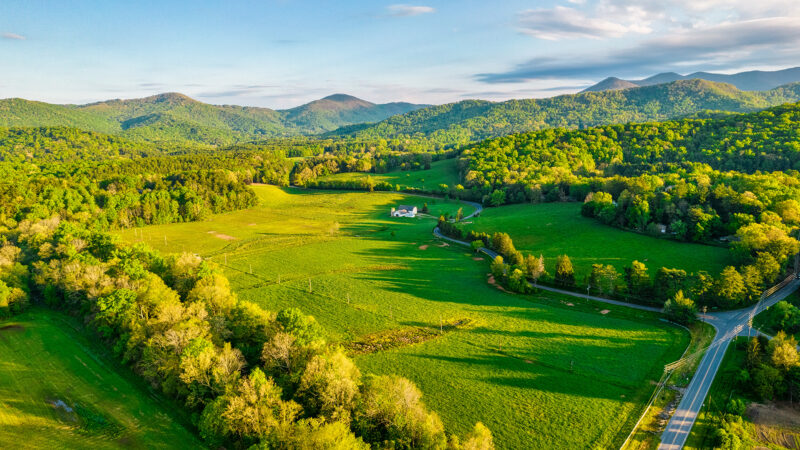
Warren Wilson College has announced the introduction of a Master of Science in Applied Climate Studies, a two-year low-residency masters program designed to address the pressing challenges of climate change and equip students with the knowledge and skills needed to make a meaningful impact in the field.
The new program builds on Warren Wilson’s decades-long legacy of leadership in climate action, as well as the strength of the college’s existing undergraduate programs in environmental science and environmental studies. The Master of Science in Applied Climate Studies will provide students with a comprehensive understanding of climate science, policy and practical applications, preparing them to tackle complex issues related to climate change.
“Climate change is one of the most critical challenges of our time, and Warren Wilson College is in a unique position to respond,” said Dr. Damián Fernández, president of Warren Wilson College. “The introduction of this graduate program is a natural step for Warren Wilson, given the world class expertise of our faculty, and the passion of our students to create a living model of climate study and climate action on our campus.”
For decades, Warren Wilson has provided national and regional leadership in sustainability, climate action and environmental studies — a distinction for which it has received numerous national awards.
The student-centered, low-residency format of the new master’s program will draw from the college’s successful low-residency MFA Program for Writers, which is considered one of the top low residency writing programs in the nation. The program will integrate the low-residency format with the college’s distinctive pedagogical approach of solutions-based, experiential, place-centered learning.
The college recently launched the Center for Working Lands, which has placed Warren Wilson at the forefront of academic and applied research in sustainable agriculture, regenerative land management, agrivoltaics and decarbonization. The 1,100-acre campus is an ideal learning environment for students wishing to study and pursue research in applied climate studies.
“As climate change continues to impact agricultural and other human and natural systems, we will have to focus efforts on multi-disciplinary answers to address these problems,” said Dr. Joshua Arnold, chair of the environmental studies department at Warren Wilson. “A graduate of the Master of Science in Applied Climate Studies program will be able to think about these problems with an interdisciplinary perspective and develop holistic and applied solutions — instead of relying on technological fixes.”
The college has appointed Dr. Keith McDade as the inaugural director. Read more about Dr. McDade here.